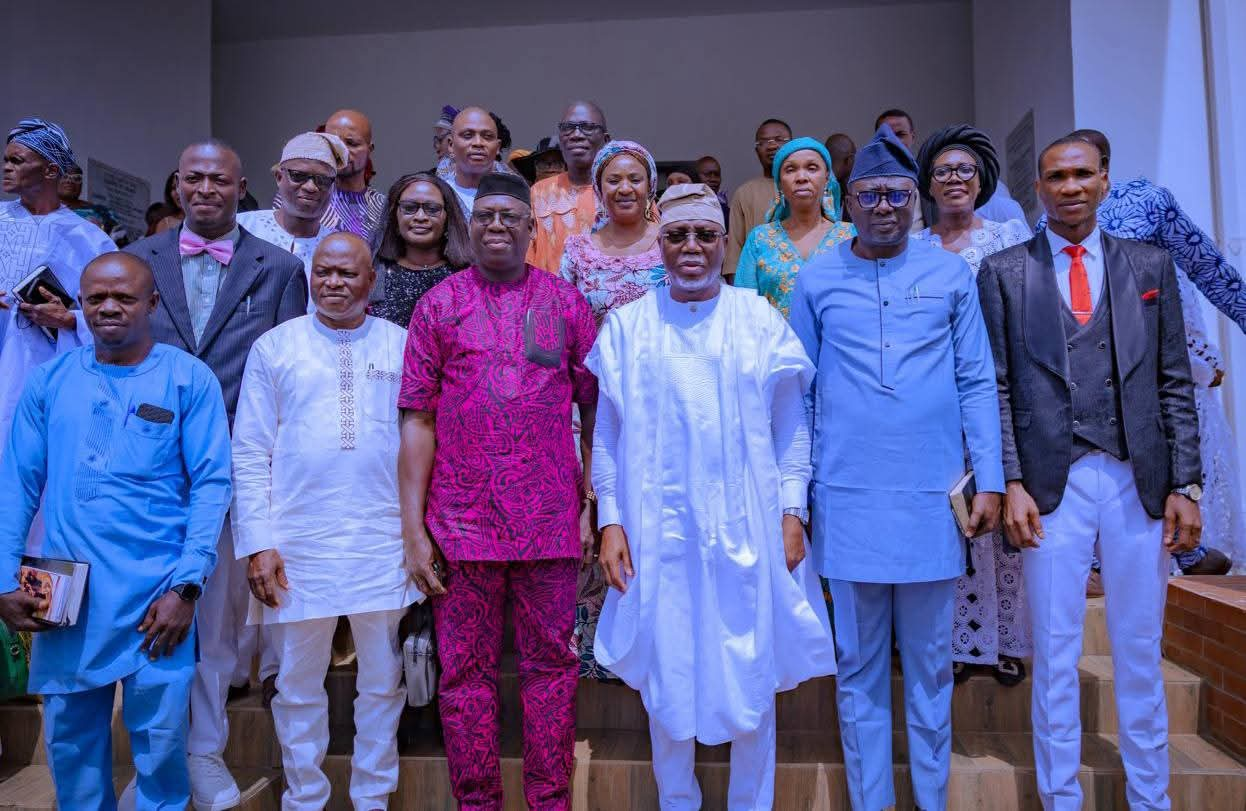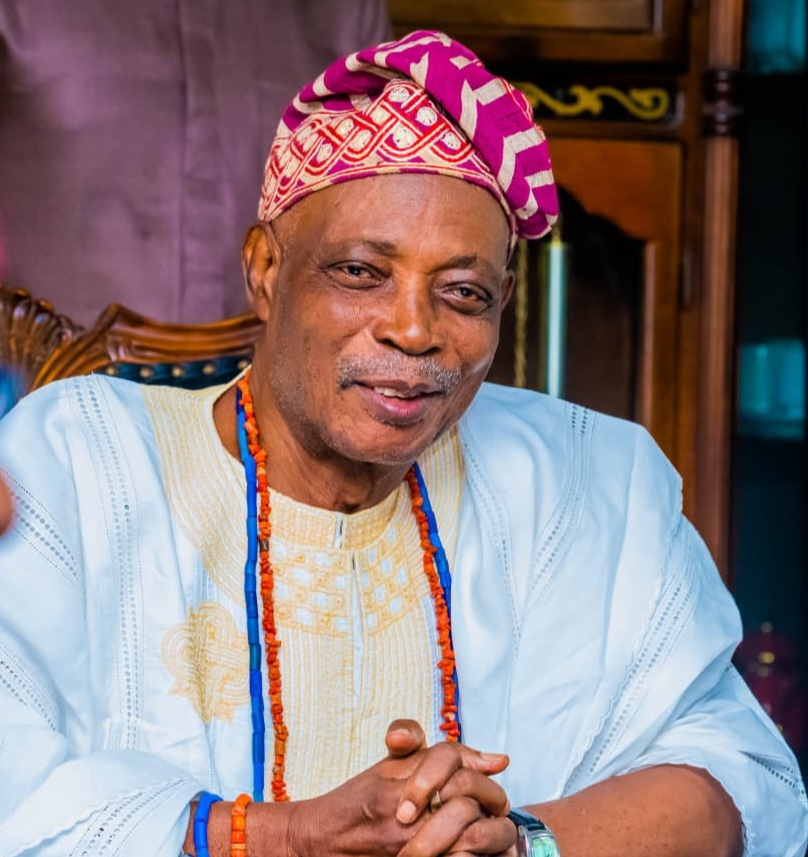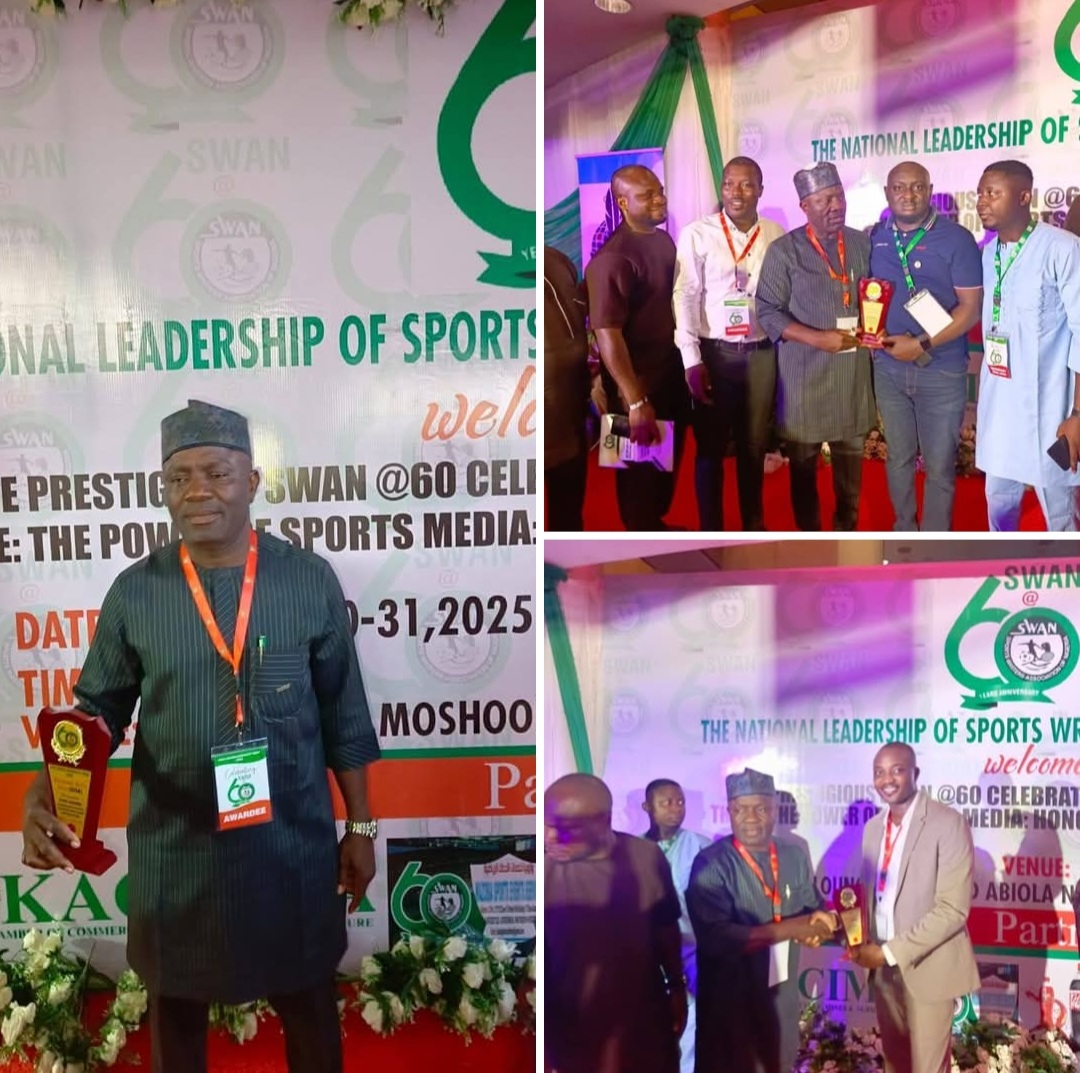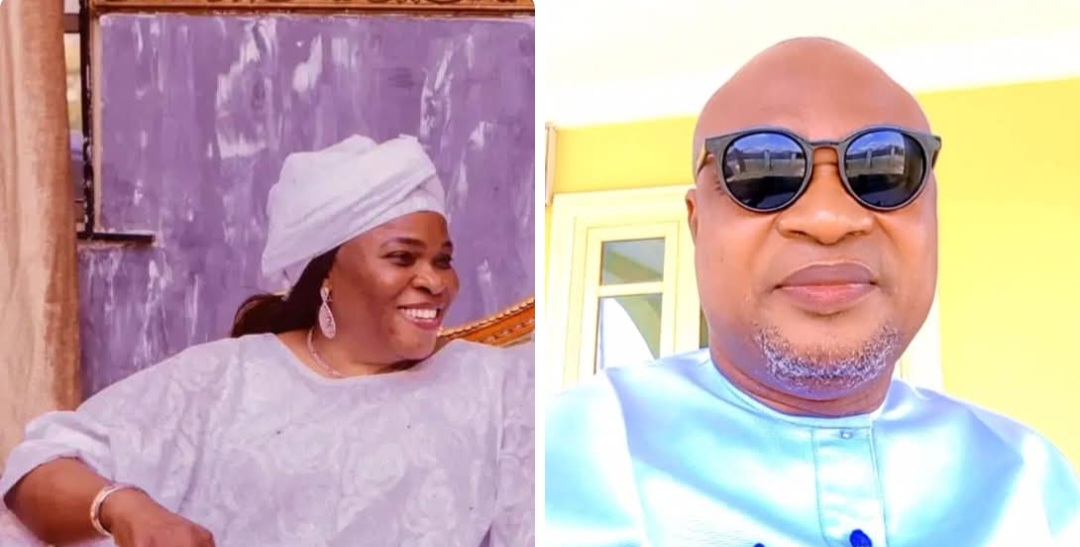
Afe Babalola Drops Defamation Case Against Dele Farotimi After Ooni, Monarchs’ Intervention
Aare Afe Babalola SAN, Founder of Afe Babalola University, Ado-Ekiti (ABUAD), has announced the withdrawal of criminal defamation and cyber-bullying cases against activist and lawyer Dele Farotimi. This decision follows the intervention of the Ooni of Ife, Oba Adeyeye Ogunwusi, and other prominent Yoruba monarchs during a midnight meeting.
The legal battle arose from Babalola’s petition alleging that Farotimi defamed him in the book Nigeria and its Criminal Justice System, where he was accused of winning cases through corruption. Farotimi had been standing trial in both an Ekiti State Magistrate Court and the Federal High Court in Ado Ekiti.
Speaking at ABUAD after the monarchs’ appeal, Babalola stated, “The monarchs have appealed to me over a criminal charge involving somebody who said I was corrupt. I will tell my lawyers to withdraw the case.”
Among the monarchs present were the Olojudo of Ido Ekiti, Oba Ayorinde Ilori-Faboro; the Ewi of Ado Ekiti, Oba Adeyemo Adejugbe; the Ajero of Ijero Ekiti, Oba Joseph Adewole; the Ogoga of Ikere Ekiti, Oba Adejimi Adu; the Oloye of Oye Ekiti, Oba Michael Ademolaju; and the Alaaye of Efon Ekiti, Oba Emmanuel Aladejare.
According to a report by The Punch, Babalola acknowledged earlier pleas from figures like former President Olusegun Obasanjo and Bishop Mathew Kukah, which he had initially declined. However, the influence of the Yoruba traditional institution convinced him to relent.
“I felt bad because of how I started life—from the farm to where I am today. There is nothing I will gain from his imprisonment or damages,” he said. “The only time I am happy is when I give.”
The Ooni, speaking on behalf of the monarchs, praised Babalola’s contributions and emphasized the integrity of his name. “Your name is more than silver and gold. Nobody can tarnish it,” Oba Ogunwusi said. He also described Farotimi as “a son who may have erred” and thanked Babalola for respecting the intervention.
The monarchs commended Babalola’s decision as a testament to the Yoruba ethos of conflict resolution and unity.






